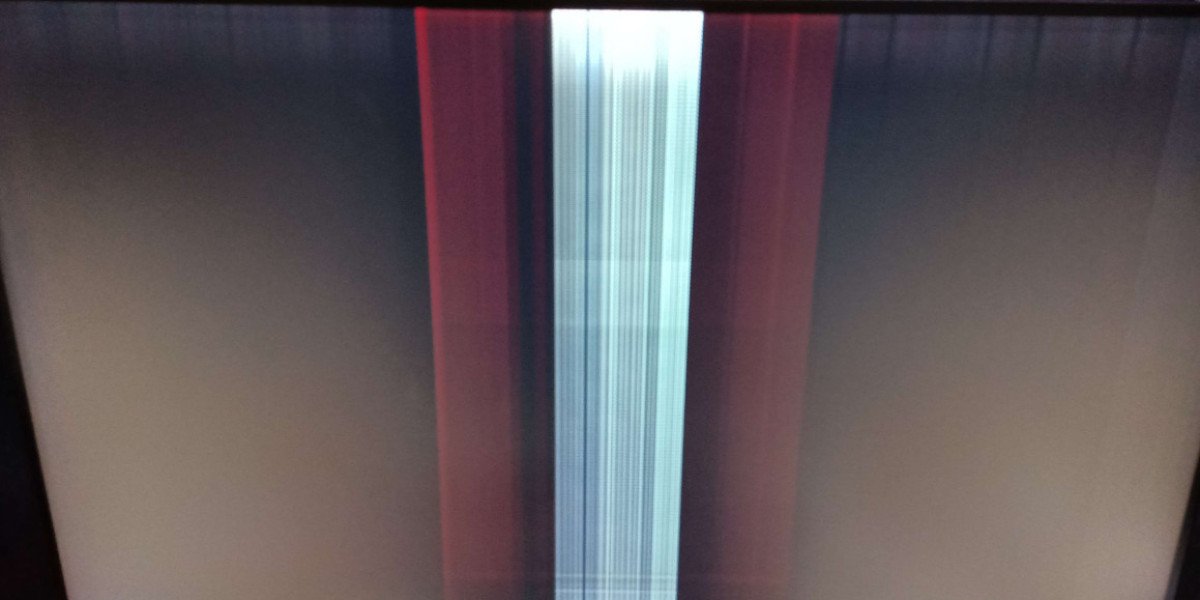World of Warcraft’s Mists of Pandaria (MoP) expansion, released in 2012, marked a unique chapter in the game’s legacy. Not only did it introduce a fresh continent—Pandaria—along with new dungeons, battlegrounds, and the Monk class, but it also reshaped how players approached in-game wealth. Even today, MoP content remains relevant on private servers and Timewalking events, keeping its gold economy alive and active.To get more news about Buy WoW Gold Mists of Pandaria, you can visit lootwow.com official website.
For both newcomers and nostalgic veterans, the question often arises: should you buy gold or grind it?
The Demand for Gold: Then and Now
Gold in WoW has always been more than just a currency. During MoP’s prime, gold was the gateway to:
Repair bills after raids
Crafting high-end gear
Auction house flipping
Mount training and collection
Gemming and enchanting gear for optimal performance
With Pandaria’s emphasis on faction dailies and professions like Cooking and Inscription, players had more options than ever to earn gold—yet the demand always outpaced supply. For time-strapped adventurers or those focused purely on endgame raiding or PvP, buying gold became an alluring shortcut.
? How Buying Gold Changed the Game
Buying WoW gold became a controversial yet widespread practice during the MoP era, impacting gameplay and the server economy in several key ways:
Fast-Track Progression: Players who purchased gold could instantly gear up via the Auction House or commission rare items from crafters.
Market Inflation: As more gold entered the ecosystem from third-party sellers, prices on goods rose, affecting players who played “honestly.”
Blizzard's Response: To curb real-money trading (RMT), Blizzard sharpened its detection systems and in later years introduced the WoW Token, offering a safer, legal way to trade gold for game time.
Despite these countermeasures, third-party gold buying remained prevalent—especially on unofficial servers where such systems weren’t in place.
Risks and Rewards of Buying Gold
For players still exploring MoP content in 2025, especially on classic or private servers, buying gold presents both opportunity and risk:
✅ Pros:
Saves time for busy professionals or casual players
Allows faster progression into competitive raiding or PvP
Enables access to rare cosmetic and utility items
⚠️ Cons:
Risk of account suspension or banning (especially on official Blizzard realms)
Ethical concerns regarding fairness in gameplay
Economic distortion on small or niche server populations
Thus, understanding where and how you buy gold—and the platform’s rules—is essential.
? Alternatives to Buying Gold
For those hesitant about the gray areas of gold purchasing, Mists of Pandaria also offers fulfilling ways to earn gold through gameplay:
Farm rare mobs like Zandalari Warbringers for mounts and loot
Run old raids like Throne of Thunder for high-value transmog
Master professions: Engineering and Alchemy remained lucrative
Use the Auction House to flip low-cost resources for profit
Daily Quests with factions like the Golden Lotus still reward sizable gold
With smart strategies and a bit of time investment, players can create sustainable in-game wealth without opening their wallets.
? Final Thoughts
Buying WoW gold during the Mists of Pandaria era—and even today on legacy servers—is a reflection of broader shifts in player behavior, time management, and economic design. While not without its controversies, the practice continues to influence how players engage with the game’s economy.
Whether you choose to grind your way to riches or purchase gold to save time, understanding the dynamics of the WoW economy, especially during rich expansions like Pandaria, is key to mastering the game on your own terms.






